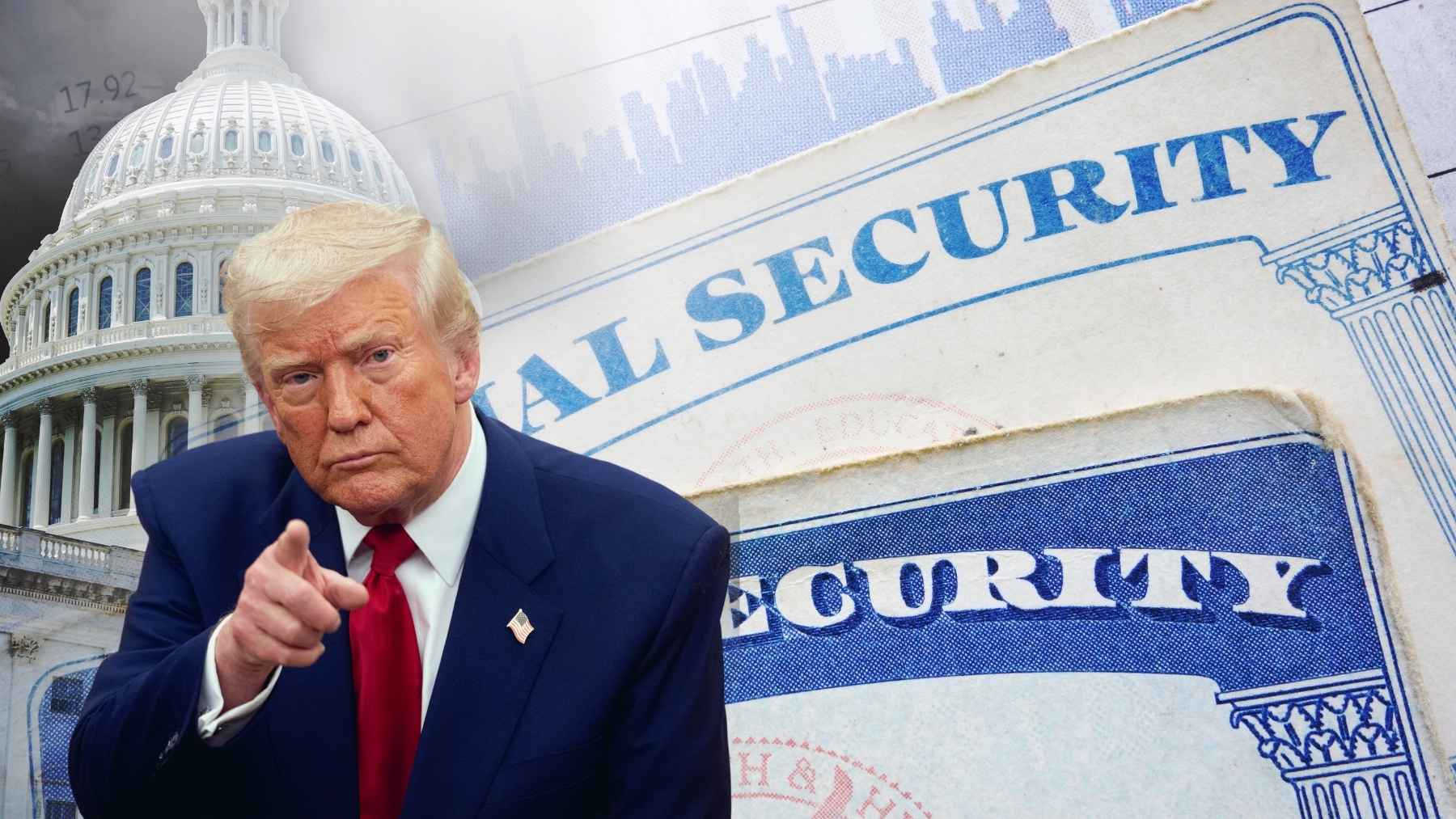For the first time ever, one person, Frank Bisignano will lead both the Social Security Administration (SSA) and the Internal Revenue Service (IRS).
The reason for this decision was to improve the coordination between both agencies. However, many are concerned about what this might mean for the millions of Social Security recipients who depend on benefits.
What’s Happening
Quite recently, the Treasury Department announced that Frank Bisignano who currently the Commissioner of the Social Security Administration (SSA), will also be appointed as the first ever CEO of the IRS.
In simple terms, this means that he’ll be seeing to both agencies at the same time.
According to many government officials, it can be noted that this move is meant to improve efficiency and modernize the outdated system. Leaders think that consolidating supervision might facilitate technological coordination, information sharing, and speedier service delivery because the IRS and SSA both manage significant volumes of financial and personal data.
Why the Government Says It’s a Good Idea
According to Treasury officials, this move could:
- Improve customer service: It is known that the IRS and SSA have faced major backlogs and inefficient service over the past few years. Frank Bisignano is a single leader who can help improve these systems.
- Speed up modernization: Both agencies currently rely on old and outdated computer systems, this would improve technology upgrades.
- Reduce leadership turnover: The IRS has had frequent leadership changes. Bisignano’s appointment could bring some much-needed stability.
Why Critics Are Worried
Even though the idea sounds practical on paper, many experts and advocacy groups say it’s a risky experiment that could do more harm than good.
- It’s Never Been Done Before
In the 90 year history of Social Security, no commissioner has ever been involved in a second leadership. Opposers are concerned that this may put extra pressure on Bisignano which could then lead to mistakes in either agency.
- It Could Create Conflicts of Interest
Both the IRS and SSA handle private financial information. One individual oversees both, raising questions about potential data sharing between the two organisations and potential privacy risks.
- It May Reduce Accountability
Generally, the IRS Commissioner needs to be approved by Senate, but this position does no.
- Social Security Could Lose Focus
Many officials are concerned that with the tax law changes and new IRS responsibilities, Social Security could be pushed under the carpet and not given the attention it requires.
What It Could Mean for Retirees
Right now, there are no changes to benefits, payments, or eligibility because of this decision. Your Social Security or SSI check will still arrive as usual. Possible issues include:
- Slower response times for benefit claims, appeals, or replacement documents
- Might be a little more confusion when contacting the agency for assistance.
- If leadership is pressurised, some operations may be delayed.
To put it briefly, retirees won’t notice any changes right away, but how effectively one individual handle both responsibilities might affect Social Security’s long-term performance.
What to Watch For
Over the next year, here are key signs to keep an eye on:
- Customer service performance: A rise in wait times for IRS or Social Security assistance may indicate pressure at the top.
- Technology updates: Since both agencies need to upgrade their systems, be aware of any lags during the upgrade process.
- Privacy protections: Any moves to share data between the IRS and SSA should be watched closely.
The Bottom Line
Even though the government notes that the new leadership will make both agencies stronger and more efficient, many experts are doubting this. They are concerned that it could lead to confusion, privacy issues and slower service for Social Security recipients.

